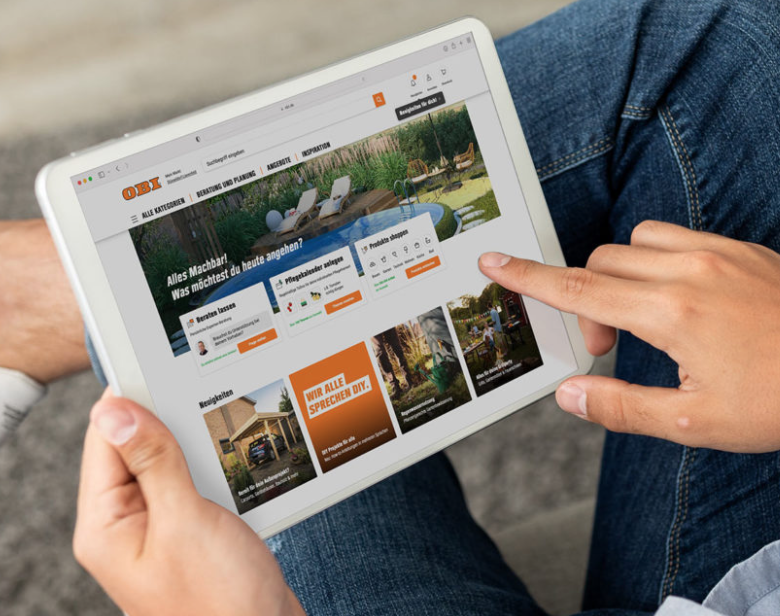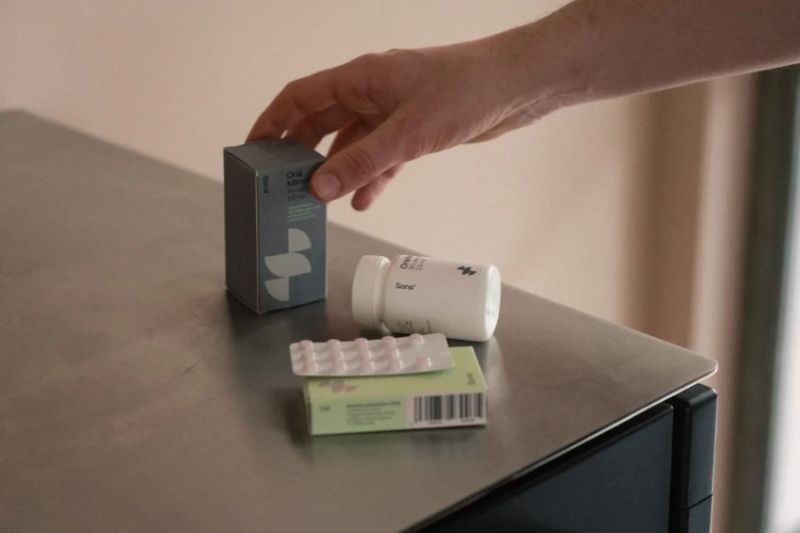In today’s Internet Retailing newsletter we’re reporting as retailers show the late effects of the shift online during Covid-19 pandemic lockdowns in their figures. Shoppers are still buying online much more than before the pandemic started, and there’s now appetite, say Royal Mail and Pharmacy2U, for more online services than there used to be. During the pandemic, what retailers sold had a huge impact on how well they were able to navigate it – but the shift online that was seen during that time is still having an effect on how businesses sell today.
Sainsbury’s first quarter figures out today show that its online grocery business remains almost double the size that it was before the pandemic, but that its shoppers are now getting back to more normal, in-store buying patterns. Being able to serve online shoppers in stores during the pandemic helped boost sales at its Argos general merchandise business, and the group continues to move branches of Argos in-store at Sainsbury’s. Sainsbury’s is reporting group sales that are 2.4% lower than last year but 8.7% ahead of pre-pandemic levels.
Occasionwear retailer Quiz, meanwhile, was hard hit by pandemic restrictions that shut down social occasions over many months. A year on from the final lockdown, it says its business is now returning to strength, as sales grow by 97% on last year and it returns to profit at the bottom line. Its omnichannel business model, it says, has been crucial to its recovery and it is now focusing on direct sales both via its own stores and its own website. While it was hit hard by pandemic restrictions, it’s now benefiting from the shift online that drove shoppers to buy direct from brands.
Royal Mail says that the shift to online shopping during the pandemic boosted interest in getting prescriptions via the post, both during and after pandemic lockdowns. It’s working with online pharmacist Pharmacy2U to deliver those prescriptions, as well as with local community pharmacists using online delivery options.
Analysis of brand searches, from MediaVision, suggests that shopper interest is growing in sustainability and in clothing for events, while declining in fast fashion. It predicts that shoppers will permanently shift to having an interest in sustainability that should guide brands for the future.
B&Q and Screwfix owner Kingfisher today says it’s bringing forward its zero emissions target to 2040 as its latest update suggests that it reduced carbon emissions within its own operations by almost a quarter in its latest financial year. Factors in that success have included a shift to renewable energy and alternative fuels for its delivery vehicles.
Meanwhile DPD is trialling its own sustainable delivery option, as it works with Cartken to try out its robots for home deliveries in Milton Keynes. Robot deliveries are already operating in the city via Starship Technologies for customers including the Co-op. Now DPD will see whether the technology works for it.
Today’s guest comment comes from Gav Winter of RapidSpike who suggests three ways that online retailers can be more sustainable.









